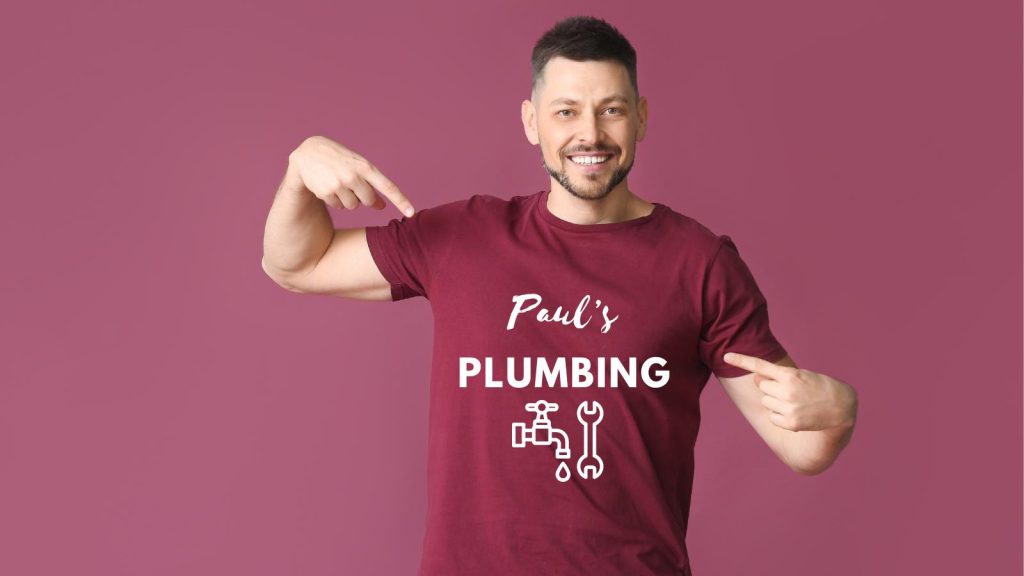What are the right business models for startups to use to avoid pitfalls? Some companies purely offer products. An example includes a toothpaste manufacturer or a pet food distributor.
Some companies purely offer services, such as an accountant or a relationship counselor. Others purely offer experiences, such as a hot-air balloon flight or a beer festival.
Table of Contents
Best Startup Models
While many companies prefer to stay in one lane, there can be benefits to branching out and offering a mixture of two or even three of these options. Different business models for startups allow you to reach out to new markets and create different sources of income.
Lisa, Small Biz Tips
Below are just a few ways to start offering a mix of products, services, and experiences as the best business models for startups.
How to Start Providing Products
If your company provides a service, branching out into products can greatly supplement your income. An effective way to do this is to partner with product businesses related to your industry, which allows you to market to your existing customers easily.
For example, it might make sense for a washing machine repair service to partner with a washing machine retailer. If a customer’s washing machine is beyond repair, you can then point them in the direction of a new one and get some commission.

Experience-based businesses can meanwhile supplement their income by selling products in the form of souvenirs.
This could include a promotional product such as a branded cap—companies like Cap America can manufacture custom-branded hats for you to sell.
In addition to providing customers with a physical reminder of your business, such souvenirs can generate conversation and lead to recommendations.
Business Models for Startups with a Service
Product businesses can equally provide services. This can be a great way to supplement your income during low sales periods.
Examples could include a piano retailer offering services like piano moving, tuning, or piano lessons.
Just make sure that you have the relevant expertise. Experience-based businesses can also provide services. A great way to do this is to give lessons about your experience.
For example, if you’re a performing magician, you could start providing training to other budding magicians in your spare time.
How to Provide an Experience for Business Models for Startups
Product businesses can also provide an experience. Tours and workshops that allow customers to see how your product is made are great ways to do this.
Examples include stadium tours and children’s farms.
Food manufacturers may also be able to offer tastings (many breweries offer beer-tasting events and brewery tours all in one). You could even open up a restaurant (restaurants are a classic example of a product-service-experience business)
If you offer a service, a seminar or workshop could similarly provide an experience. Experiences are great business models for startups introducing new products and services.

For example, if you run a digital marketing company, you could consider hosting local seminars and workshops for business owners.
If you don’t feel comfortable talking to a crowd, an alternative option could be to start a YouTube channel and monetize it, creating experiences through videos.
Your Turn: Business Models for Startups
Which model do you prefer to invest in for someone just starting out running a small business? Is it a product, service, or experience? Or is the combination of all three that works best?
I’d love to know more in the comments below.
FAQs: Business Models for Startups – Fantastic Ways To Get Started
What’s a business model?
A business model explains how your startup makes money. It covers what you offer, who your customers are, and how you charge them.
Why is picking the right business model important?
The right model helps you understand your finances, attract investors, and grow your business. It sets the foundation for your startup’s success.
What are some common business models for startups?
Popular models include subscription, freemium, marketplace, and direct sales. Each has its pros and cons depending on your product and market.
How do I choose the best business model for my startup?
Consider your product, target market, and revenue streams. Research competitors and test different models to see which fits best.
Can I change my business model later?
Yes, many startups pivot their business models. Flexibility can help you adapt to market changes and customer feedback.
What’s a subscription model?
Customers pay a recurring fee, usually monthly or yearly. This model works well for services like software, streaming, and memberships.
What’s the freemium model?
You offer a basic product for free and charge for advanced features. This model can attract a large user base quickly.
What’s the marketplace model?
You connect buyers and sellers and take a percentage of each transaction. Examples include eBay and Airbnb.
What’s the direct sales model?
You sell products or services directly to customers through your own channels, like a website or sales team.
How do I test my business model?
Conduct market research, create a minimum viable product (MVP), and gather customer feedback. Adjust based on what you learn.
What if my business model isn’t working?
Don’t be afraid to pivot. Analyze what’s not working, listen to customer feedback, and try a new approach.
Can I use more than one business model?
Yes, mixing models can diversify revenue streams. For example, a freemium app might also offer in-app purchases.
What’s the lean startup method?
The lean startup method focuses on building a minimal viable product (MVP), testing it in the market, and iterating based on feedback. It aims to minimize waste and increase learning speed.
Why is customer feedback important?
Customer feedback helps you understand market needs, improve your product, and refine your business model. It’s crucial for making informed decisions.




